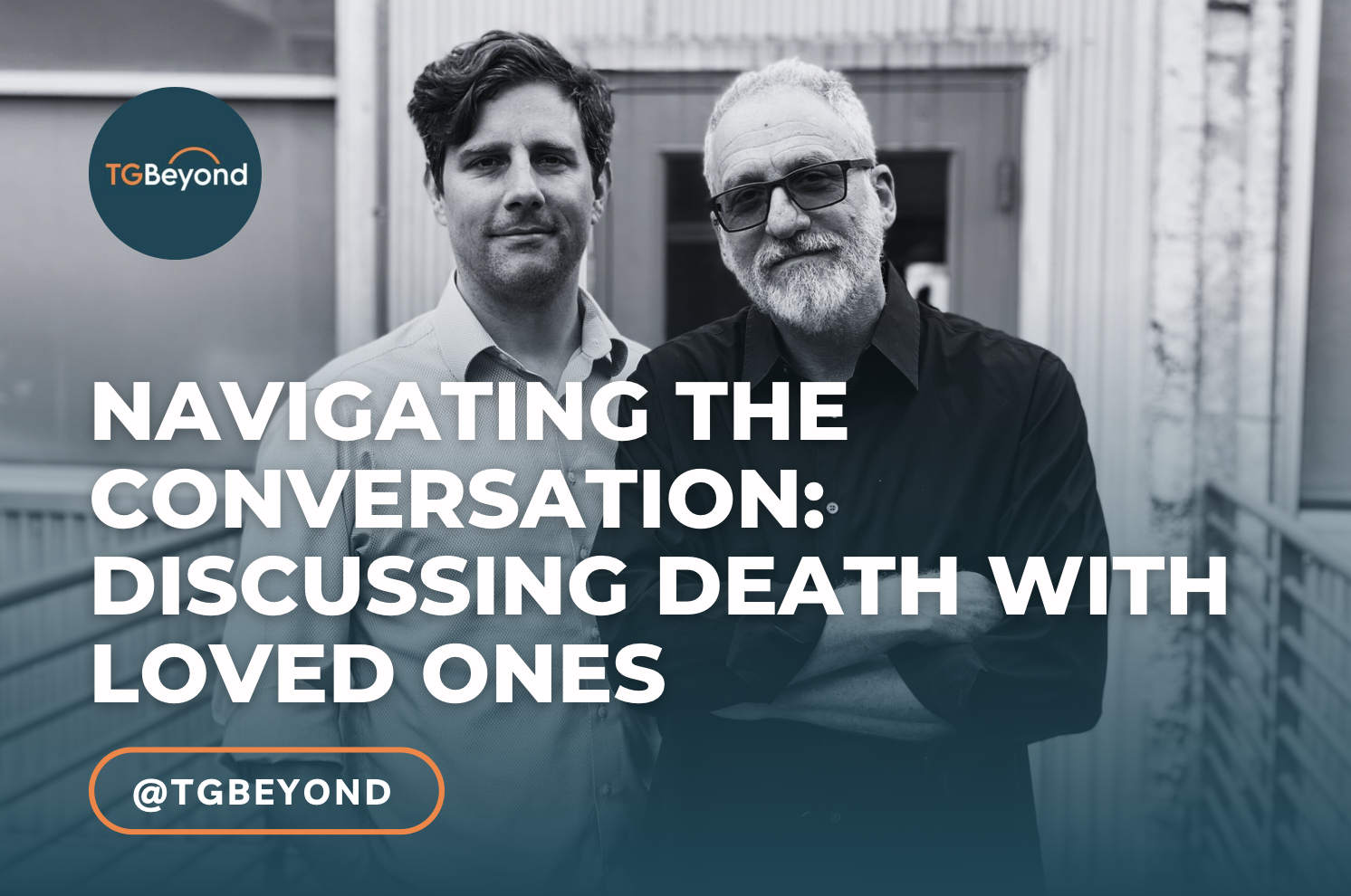Navigating the Conversation: Discussing Death with Loved Ones
Introduction
Discussing death involves initiating and maintaining conversations about mortality with those you care about.
It's a dialogue centered around end-of-life expectations, wishes, and preparations, which, despite its inherent discomfort, is crucial for emotional readiness and practical planning.
These discussions encompass various aspects, from legal preparations like wills and estates to emotional sharing of fears, hopes, and legacies.
Breaking the Silence: How to Talk About Death with Those You Love
Death remains one of our last conversational taboos. We plan elaborate vacations, map out career paths, and discuss retirement dreams, yet we hesitate to speak about the one certainty we all face. Why? Perhaps because acknowledging mortality feels like inviting it closer, or maybe the weight of emotion seems too heavy to carry into everyday conversation.
But what if these conversations could actually bring us closer? What if speaking openly about death could lead to deeper connections and greater peace of mind?
The Hidden cost of silence
When Sarah's father passed unexpectedly, her family was thrown into chaos. Without knowledge of his wishes, siblings disagreed about everything from funeral arrangements to financial decisions. "We thought we were sparing each other discomfort by avoiding these conversations," Sarah reflects. "Instead, we created much more pain during an already difficult time."
This scenario plays out in countless families. Without prior discussions:
Legal battles can divide families when emotions are already raw
Loved ones may make medical decisions without knowing the person's true wishes
Belongings with deep sentimental value may go to unintended recipients
The bereaved often struggle with uncertainty about whether they "did right" by the deceased
Beginning the Conversation
“Though I am no stranger to awkward and uncomfortable conversations, I am glad there are tools that can help me navigate these end-of-life conversations, which can be really hard to initiate.” - Barry
The hardest part is starting. Many people find success with these approaches:
Use natural openings. News stories, TV shows, or experiences with others can provide natural entry points. "When my neighbor's mother died, it made me think about what I would want in that situation."
Share your own plans. Starting with your own wishes removes pressure. "I've been thinking about updating my will and wanted to share my thoughts with you."
Ask gentle questions. Direct but open questions invite sharing without forcing it. "Have you ever thought about what would matter most to you at the end of your life?"
Connect through story. Family histories and memories can be a bridge to deeper discussions. "Grandma's funeral was so perfectly 'her.' What would reflect your life well?"
Tools That Make It Easier
Death Over Dinner (deathoverdinner.org) provides complete guidance for hosting a meal centered around mortality discussions, with conversation prompts and suggested readings to ease the way.
The Conversation Project (theconversationproject.org) offers free starter kits that walk families through discussing end-of-life care preferences in a step-by-step approach.
Five Wishes (fivewishes.org) goes beyond medical directives to address emotional and spiritual needs, creating a comprehensive document that serves as both a legal guide and a personal expression.
Death Cafes (deathcafe.com) host gatherings worldwide where strangers meet to discuss death in a supportive, casual environment—often finding that talking with those outside their immediate circle first makes family discussions easier.
The Death Deck and Hello Game transform serious topics into accessible card games, proving that meaningful conversation doesn't always need to feel heavy.
Keeping the Conversation Alive
These discussions shouldn't be one-and-done events. Life circumstances change, values evolve, and new options emerge. Consider:
Setting calendar reminders for annual "life planning" conversations
Using milestone birthdays as natural check-in points
Revisiting wishes after significant life events like marriages, births, or health changes
Creating shared documents that can be updated as perspectives shift
Beyond Paperwork: The Heart of the Matter
While legal preparations matter, the most meaningful conversations often center around values, not valuables:
What constitutes a life well-lived?
What stories and wisdom should continue beyond your lifetime?
What does a "better death" look like to you?
What would you want your loved ones to know if you couldn't tell them?
These deeper questions transform practical planning into profound connection.
Moving Forward with Courage
Starting conversations about death takes courage, but it's a gift of love—perhaps one of the most important we can offer. By creating space for open discussion, we don't hasten death's arrival; rather, we diminish its power to create chaos and division when it inevitably comes.
The goal isn't perfect preparation but deeper understanding. Each conversation builds bridges of compassion and clarity that will support everyone when they're needed most.
As you consider how to begin these discussions with your loved ones, remember that awkward beginnings often lead to meaningful connections. The tools are available, the benefits are clear, and the peace of mind that results is invaluable.
What conversation will you start today?
CHECK OUT OUR DEATH-POSITIVE DOCUMENTARY
Join a remarkable journey in "A Butterfly Has Been Released," as hospice nurse Allyson spends her last 39 days, living and dying with brain cancer.


